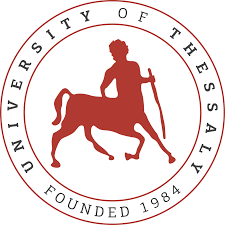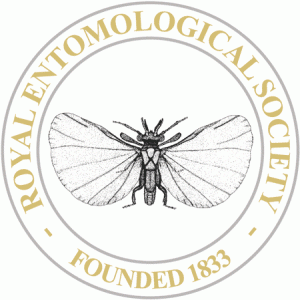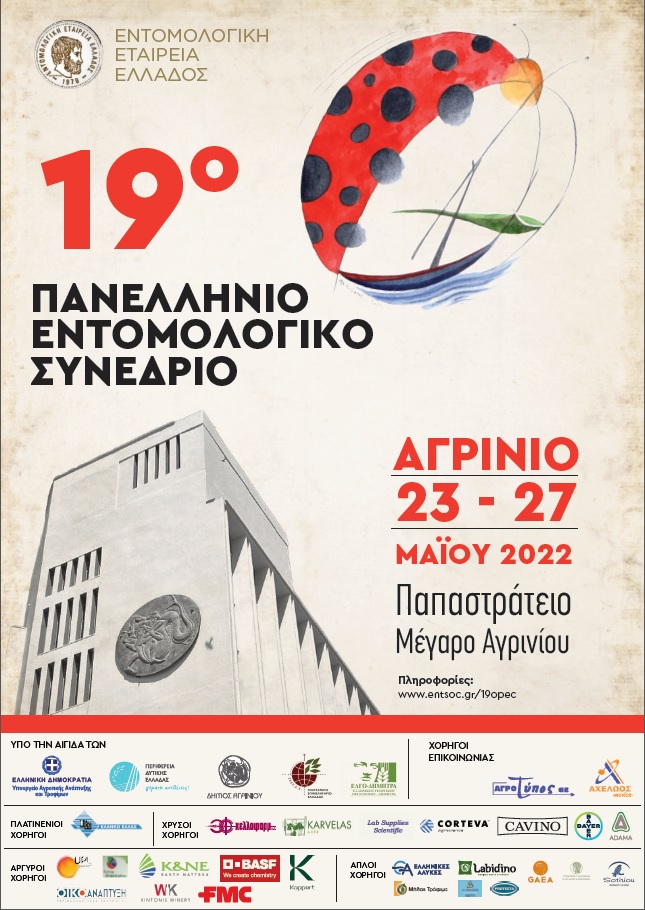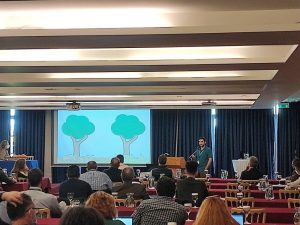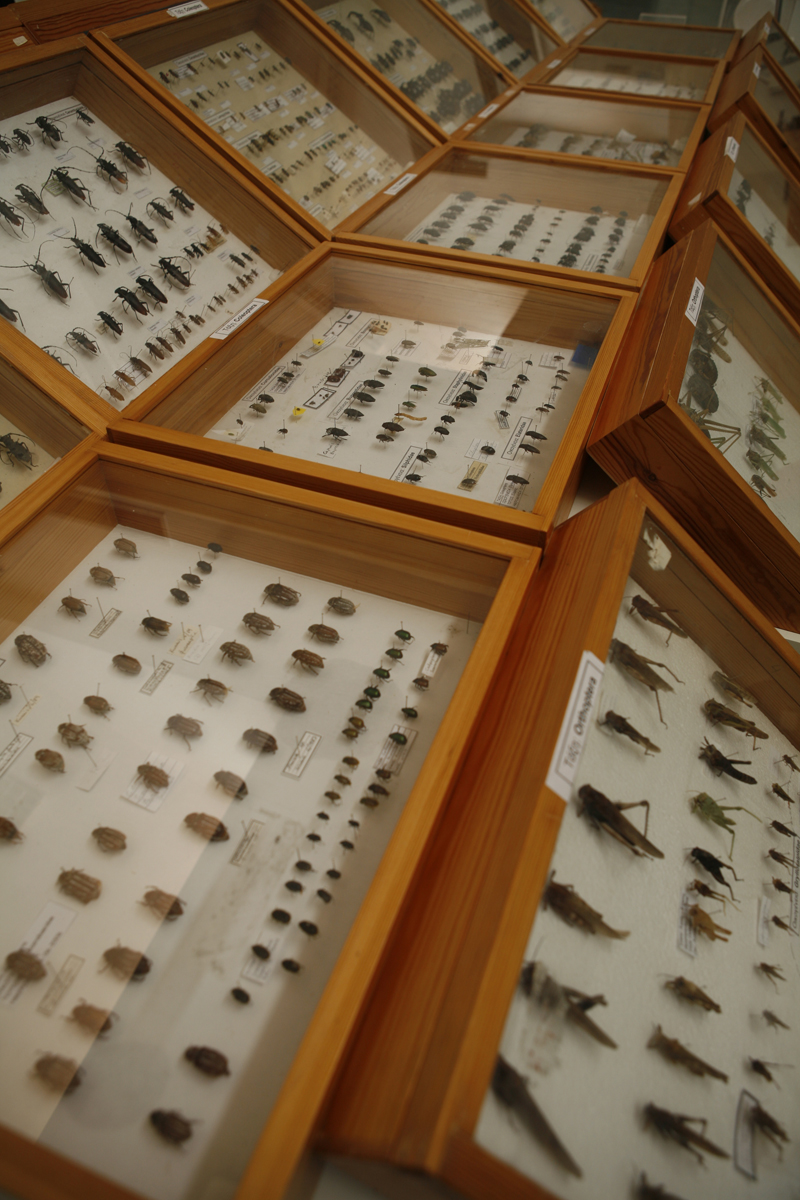

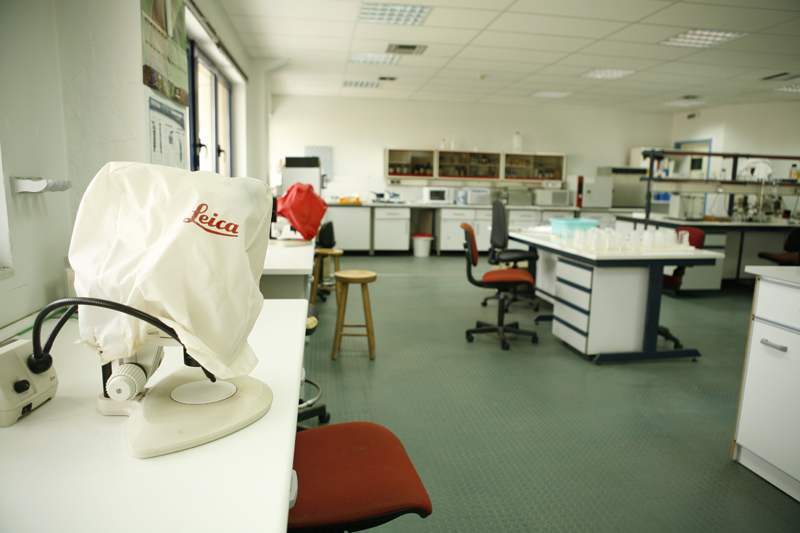








The MedFly project
The MEDFLY project focuses on one of the most important invasive species and devastating pests for fresh fruit production in Greece, Europe and worldwide, the Mediterranean fruit fly (medfly), Ceratitis capitata (Wiedemann). We aim to explore the life history and physiological traits that affect invasion success in a comprehensive and holistic approach. Special emphasis will be placed on traits facilitating survival and dispersal of C. capitata into more temperate areas as a result of climate change.
Bringing together novel molecular, physiological, ecological and demographic tools, we will generate new knowledge that can be used to develop new response methods and strategies to increase preparedness of the deciduous fruit producing industry to better control, suppress and/or manage medfly. Using C. capitata as a model, we will explore some less well-understood biological traits that can make an organism a successful invader. Traits include resistance to acute and chronic thermal stress across different developmental stages (e.g. adults, larvae, pupae, eggs) and responses to key fruit hosts under different thermal regimes, and genotype (C. capitata biotypes) x environment (host fruit & temperature) interactions across life stages.
General Objective
To understand invasion dynamics of the Mediterranean fruit fly and biological traits that influence invasion success with emphasis on range expansion to northern, more temperate areas of Greece and Europe.
Specific objectives
• To determine the adaptive and plastic responses of C. capitata to stressful thermal conditions and key overwintering hosts that influence invasion success
• To identify physiological and molecular mechanisms that regulate plastic and adaptive responses to stressful conditions
• To better understand the genetics of behaviour and physiological strategies linked to enhanced dispersal
• To improve our ability to assess the invasion potential of the Mediterranean fruit fly and the treat to deciduous fruit producing areas of Greece and Europe more broadly.
our team
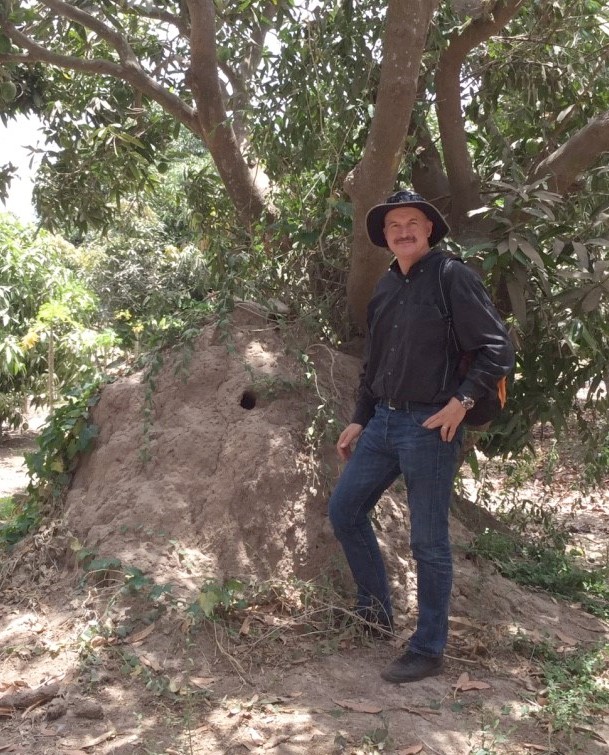
Nikos Papadopoulos
Professor
I am a Professor of Applied Entomology at the University of Thessaly, Greece and the director of the Laboratory of Entomology and Agricultural Zoology.

Nikos Papadopoulos
Professor
- Phone:+30 24210 93285
- Email:nikopap@uth.gr
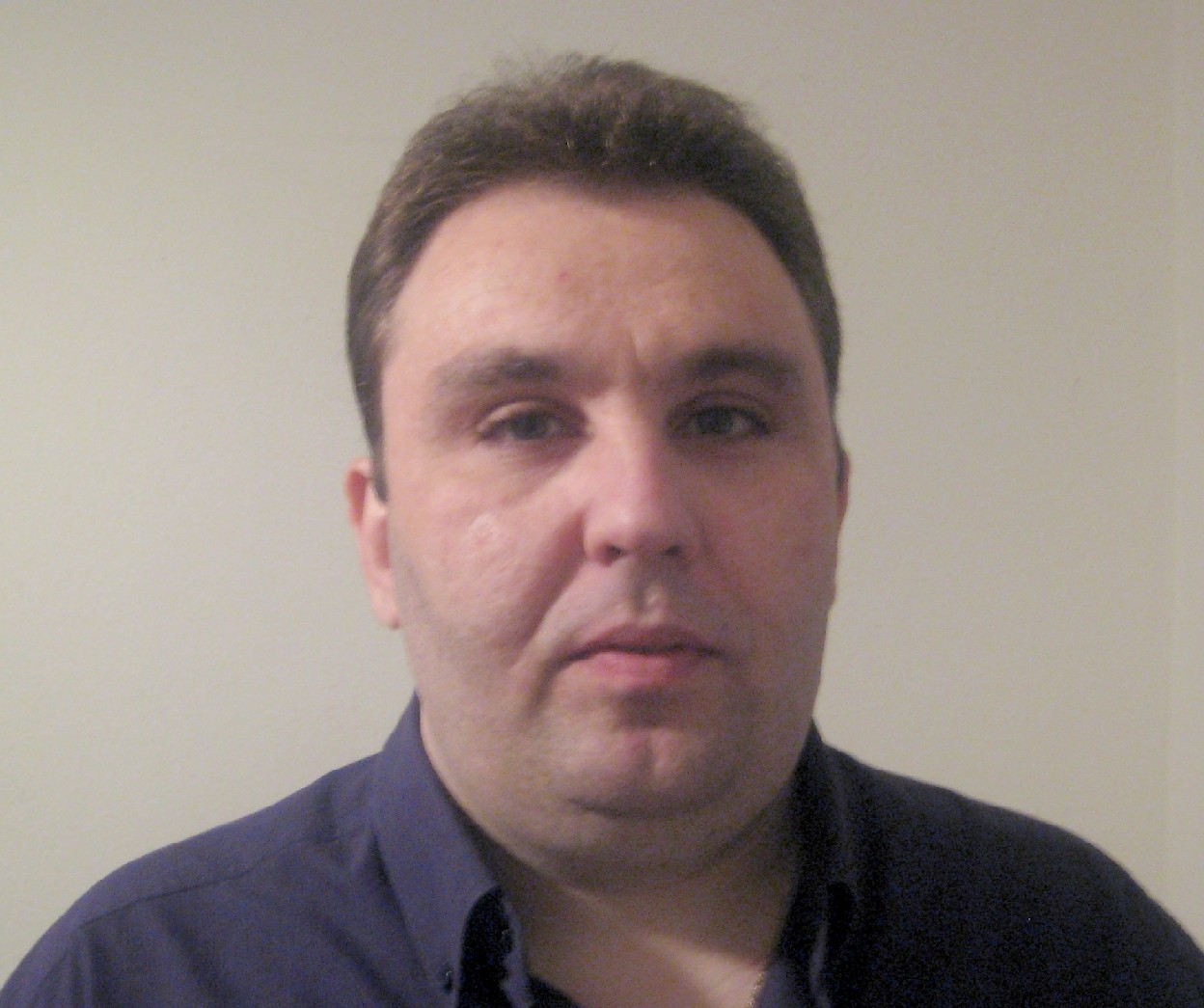
Kostas Zarpas
Research Associate
I am an Entomologist (PhD, 2006) and I belong to the teaching-scientific staff of the Laboratory of Entomology and Agricultural Zoology of the University of Thessaly.

Kostas Zarpas
Research Associate
- Phone:+30 24210 93284
- Email:kzarp@agr.uth.gr

Paris Prekas
Agriculturist, Research Technician
Paris Prekas obtained his bachelor degree from the Department of Plant Production and Rural Environment, University of Thessaly in 2019.

Paris Prekas
Agriculturist, Research Technician
- Phone:+30 24210 93286
- Email:parhs1995@hotmail.com

Antonis Papadopoulos
Researcher
I am an Agriculturist and hold an MSc degree in the field of Phytiatrics and Environment. Currently, I am working at the Laboratory of Entomology and Agricultural Zoology of the University of Thessaly.

Antonis Papadopoulos
Researcher
- Phone:+30 2421 093286
- Email:antoniopap@uth.gr
Collaborating Partners in the Medfly project
Professor Hahn and his group are well known in the scientific community for their expertise in insect physiology and especially the study of insect responses to environmental stress and seasonal adaptation.
His current research involves the physiological and genetic architecture of phenotypic plasticity in insects, especially with regards to seasonal adaptation to stress and overwinter dormancy. Hahn is an asset for the MEDFLY project since he will support and direct studies on the physiological and molecular mechanisms associated basal traits and phenotypic plasticity of the different C. capitata biotypes.
Briefly, Prof. Hahn will participate in designing studies of the WP5 and WP6, will provide training and support to members of the core group and will host in his laboratory in Florida members of the Papadopoulos group. Metabolomics and lipidomics analysis will be conducted in his laboratory with collaboration of post docs of the MEDFLY project. Hahn will also provide support for designing organismal stress and dormancy assays as well as design and interpretation of the Pool-Seq comparisons of medfly biotypes.
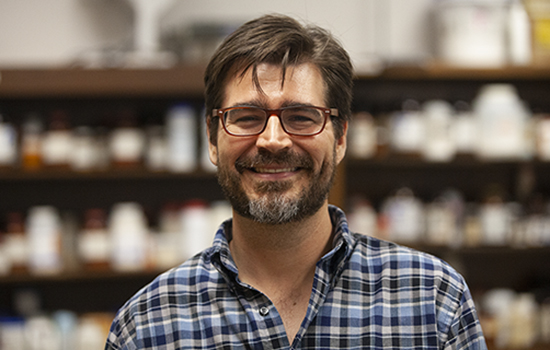
Dr. Daniel Hahn
University of Florida Gainesville, USA

Dr. John Terblance
University of Stellenbosch, South Africa
Professor Terblanche and his group are well known in the scientific community for their expertise in climatic stress responses of insects and the potential implications of climate change on invasion dynamics. He has published numerous studies on thermal tolerance and plastic response of tephritid fruit flies including the Mediterranean fruit fly in Africa.
The involvement and support of Prof. Terblanche in an asset for the MEDFLY project since he will support designing studies, analyzing and interpreting the results from thermal response experiments. In addition, in collaboration with him and his team we will explore the exploitation of the generated data for developing predictive models to assess the range expansion of the Mediterranean fruit fly to northern more temperate European countries.
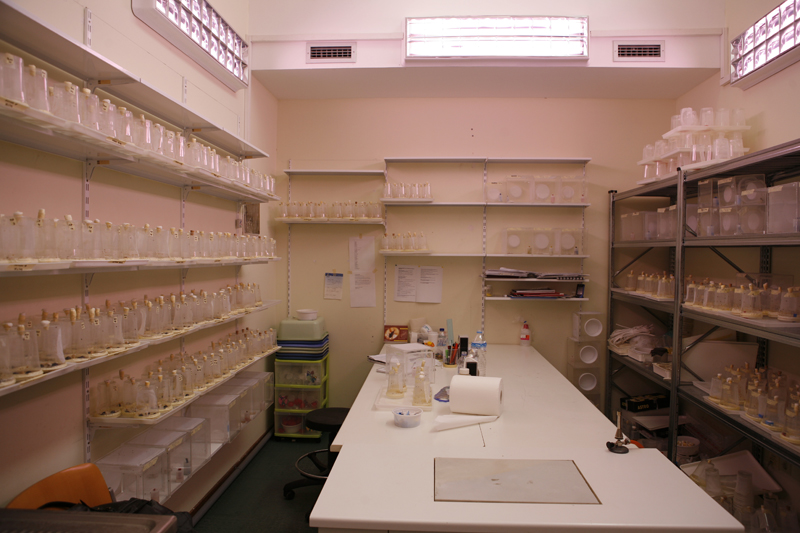
Our Lab
We work on several different aspects of insect biology, ecology, behaviour and pest management, involving laboratory and field studies. In our laboratory, fruit flies of the family Tephritidae are used as model species to address various research questions including:
- Life history evolution
- Geographic variation in life history traits
- Factors shaping life histories in field conditions
- Age structure of wild insect populations
- Cost of reproduction (mainly that of males)
- Aging and health dynamics in insects
- Age-specific expression of innate behaviours and their connection with insect performance, life span and reproduction
- The relationships between fruit flies and their host fruits
- Sexual behaviour including trade-offs and costs of reproduction
- Effects of insect symbionts on life history traits.
Research Area
A further line of research regards the development of Area Wide Management Programs based on spatial population dynamics and population modelling. This also encompasses the development of trapping systems and methodologies for various insect pest species. The application of the Sterile Insect Technique, within the framework of Area Wide Integrated Pest Management, and the improvement of its efficacy following pre-release manipulations of sterile males is also within our research interests. Divergence of geographically distant populations in various fitness traits comprises a major part of the research that is currently being undertaken in my laboratory.

Special emphasis has been placed on the adaptation of invasive species such as the Mediterranean fruit fly in marginal environments for its existence.

Yet another area of study has involved the biology of invasive Tephritids and the life history components determining a successful invader. The ongoing collaboration of my research group with two groups of geneticists has recently expanded the scope of my research, to include the genetics of invasive species in Europe (North American Rhagoletis spp.), and the Middle East (Dacus ciliatus).

In recent years we have become interested in the biology and control of major insect vectors of the family Culicidae. Questions regarding overwintering dynamics, demography, life history and development of modern management strategies are currently being addressed.

Partners
Latest News
IOBC Meeting 2022 – Integrated Control in Citrus Fruit Crops 4-6 April Nafplio, Greece
The MedFly project
Start reading our news
Address
Department of Agriculture, Crop Production and Rural Environment Laboratory of Entomology and Agricultural Zoology, University of Thessaly
Fytokou Str., 384 46 Nea Ionia, Volos, Greece
Telephone - Email
+30 24210 93285
nikopap@uth.gr
Address
Department of Agriculture, Crop Production and Rural Environment Laboratory of Entomology and Agricultural Zoology, University of Thessaly
Fytokou Str., 384 46 Nea Ionia, Volos, Greece
Telephone - Email
+30 24210 93285
nikopap@uth.gr
